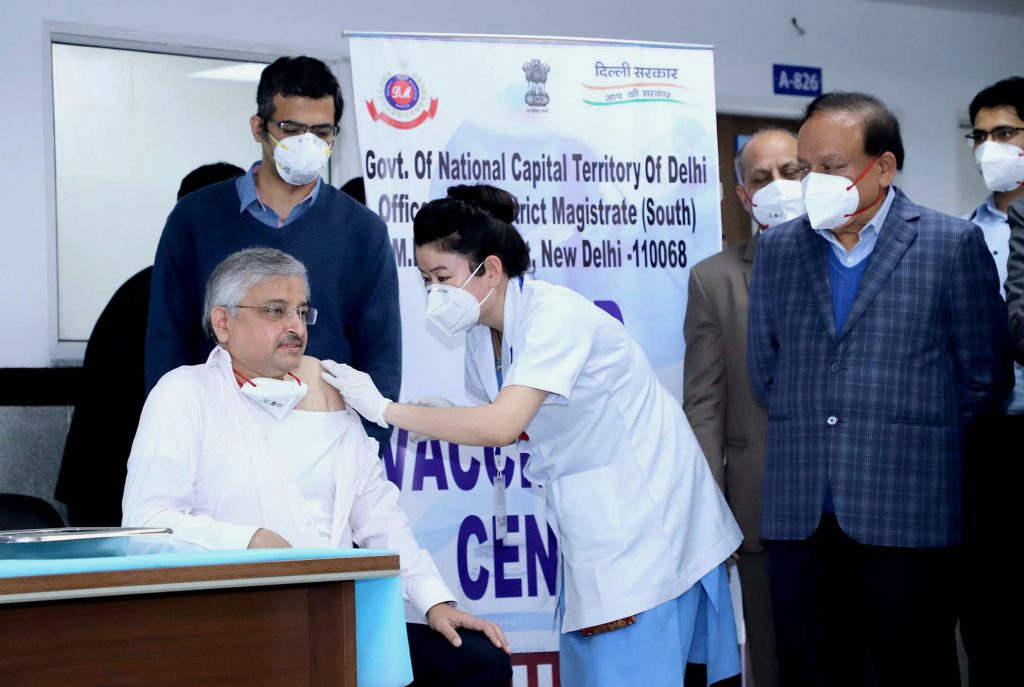If you put the federal government in charge of the Sahara Desert, Milton Friedman said, in five years there’d be a shortage of sand. India needn’t learn from the legendary American economist’s wisdom to know that government controls beget shortages and worse, for we know it from our experience in the recent past. Telephone and cooking gas connections, cement, scooters, and many other goods and services were in a short supply in the pre-liberalization era. And yet our political masters refused to decontrol Covid vaccination, resulting in dangerous shortages.
Serum Institute of India (SII)—which gets supplies of Covishield, developed by AstraZeneca with Oxford University—was hit by the government’s ban on exports. SII chief executive Adar Poonawalla NDTV last week that as the Central government pays it less than it earns from exports, it needed Rs 3,000 crore from the government to ramp up its “very stretched” production capacity.
“This was never budgeted or planned initially, because we were supposed to export and get the funding from export countries but now that that is not happening, we have to find other innovative ways to build our capacity,” Poonawalla said.
SII, which has the capacity to manufacture more than two million doses of Covishield per day, has been mandated to sell it at Rs 150 in the country. It exports the jab at a much higher price.
There is no reason why the government should have imposed a price cap on the vaccine. The cap is not there for the poor, for government hospitals and dispensaries are the inoculation drive free of cost. The government should have allowed SII to sell the jabs at the price people are willing to pay.
But the deep pink state comprising statist policy and decision makers cannot allow this; it hates nothing more than the abomination called ‘profiteering.’ Should we allow a private company to ‘fleece’ its customers, they ask.
Well, nobody gets fleeced if enough players are in the market. There are a large number of vaccine makers with proven efficacy and safety—Sputnik, Pfizer, Moderna, Johnson & Johnson, and others—willing to sell their jabs in India but the Narendra Modi government’s doctrinaire approach doesn’t allow that too. Their entry would enrage the Swadeshi tyrannosauruses.
The upshots: a sluggish vaccination drive, a sharp surge. Bad ideas have bad consequences; dirigisme certainly does have.
